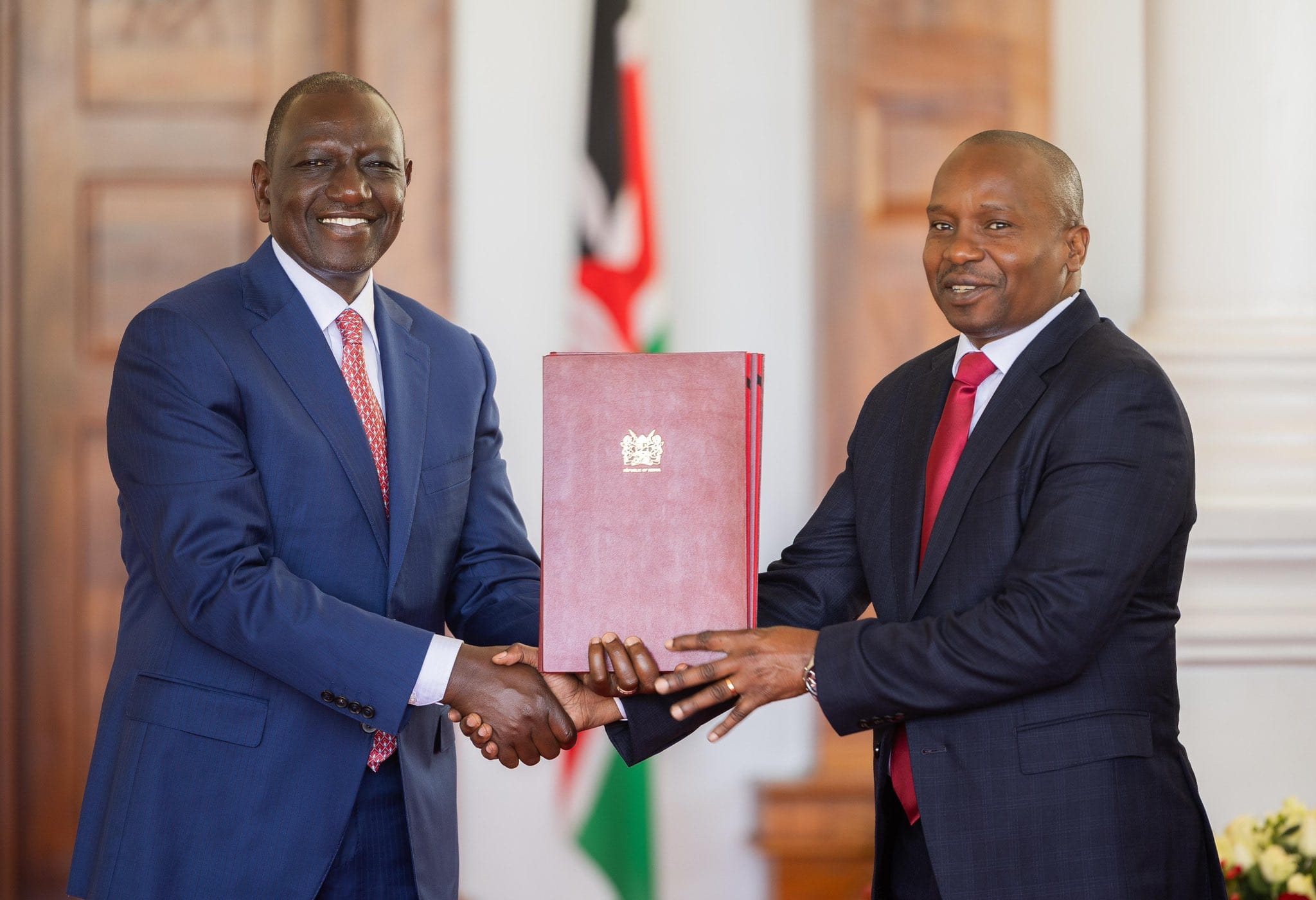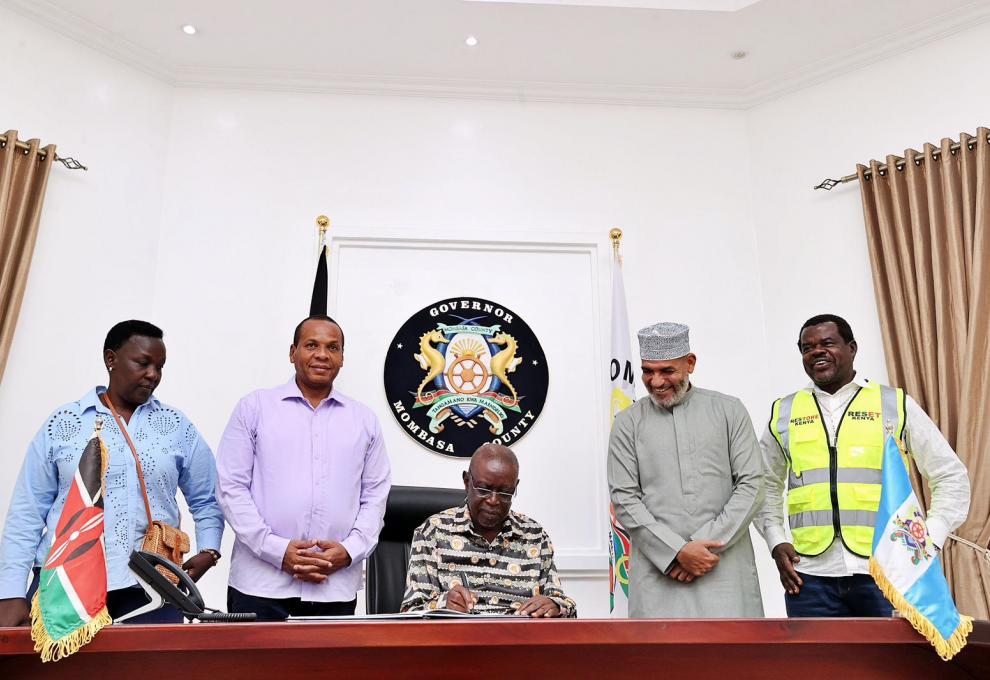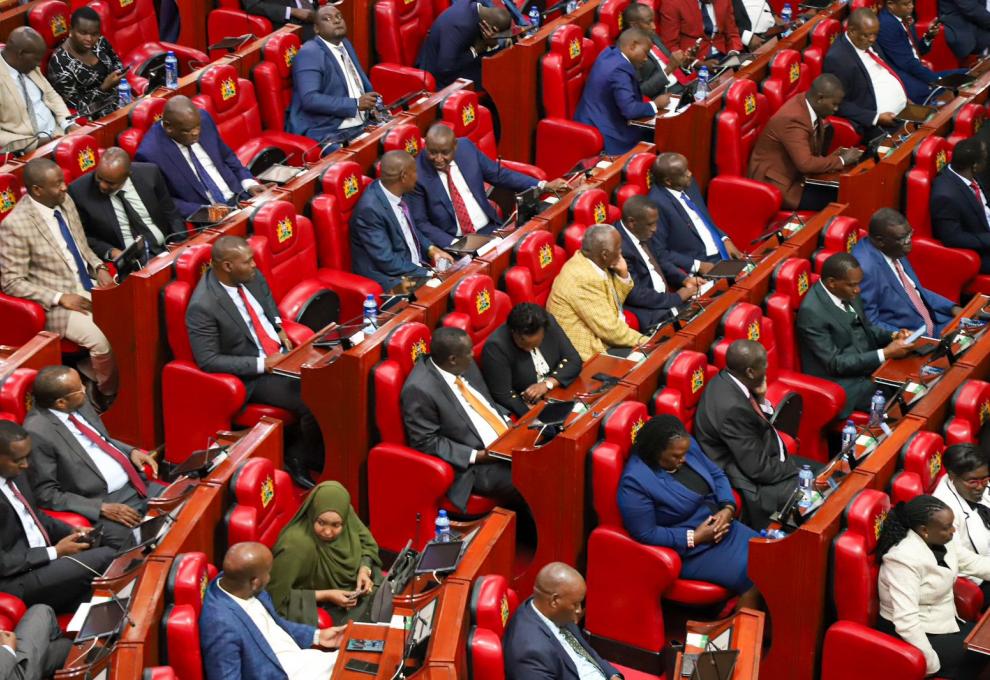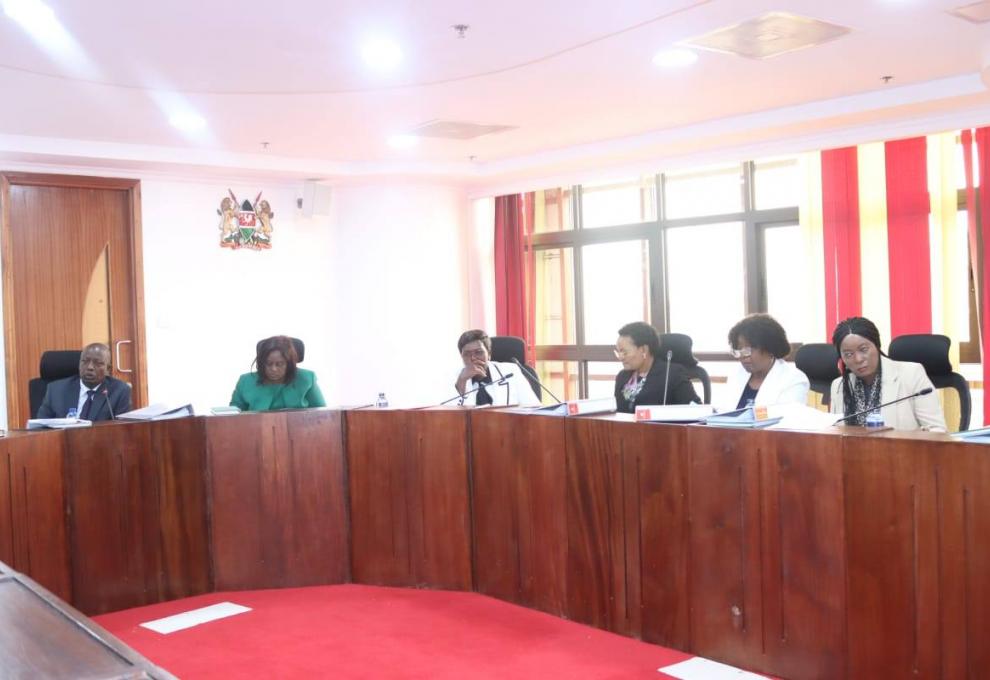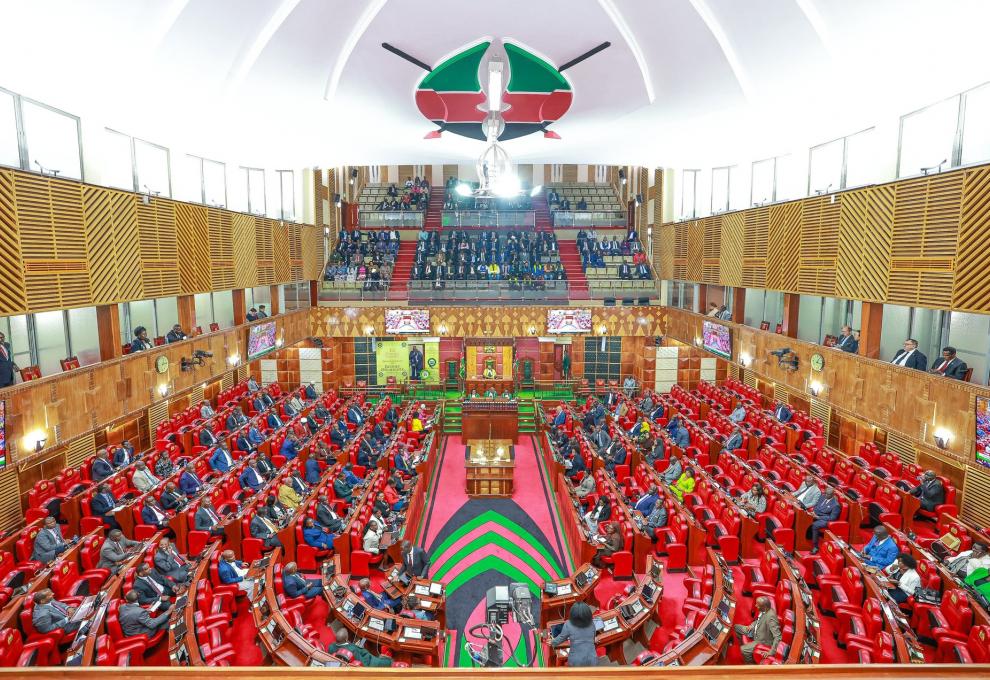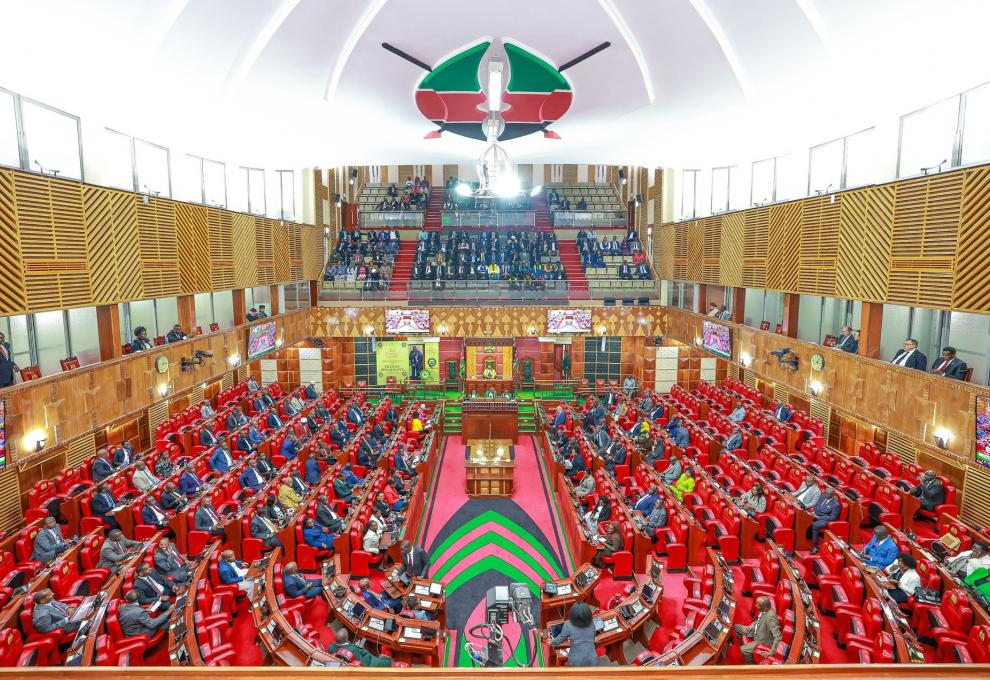𝐖𝐀𝐓𝐄𝐑 (𝐀𝐌𝐄𝐍𝐃𝐌𝐄𝐍𝐓) 𝐁𝐈𝐋𝐋 𝐀𝐒𝐒𝐄𝐍𝐓𝐄𝐃 𝐓𝐎 𝐄𝐍𝐇𝐀𝐍𝐂𝐈𝐍𝐆 𝐀𝐂𝐂𝐄𝐒𝐒 𝐓𝐎 𝐁𝐔𝐋𝐊 𝐖𝐀𝐓𝐄𝐑 𝐒𝐔𝐏𝐏𝐋𝐘 𝐀𝐍𝐃 𝐄𝐍𝐒𝐔𝐑𝐈𝐍𝐆 𝐂𝐎𝐌𝐏𝐋𝐄𝐓𝐈𝐎𝐍 𝐎𝐅 𝐒𝐓𝐀𝐋𝐋𝐄𝐃 𝐖𝐀𝐓𝐄𝐑 𝐏𝐑𝐎𝐉𝐄𝐂𝐓𝐒
President William Ruto has signed into law the Water (Amendment) Bill (National Assembly Bill No. 33 of 2023).
The new law introduces provisions to facilitate Public-Private Partnerships (PPPs) in water service delivery. It empowers the National Water Harvesting and Storage Authority and Water Works Development Agencies to engage in bulk water purchase agreements with investors under the Public-Private Partnerships Act. This is expected to enhance access to bulk water services and ensure greater economic efficiency and consumer protection under the guidance of the Water Services Regulatory Board (WASREB).
The law also prioritizes the completion of waterworks projects, requiring contracting authorities to step in and complete stalled projects if private contractors fail to fulfill their obligations. This measure seeks to prevent the wastage of public funds and ensure timely delivery of water infrastructure.
The Water (Amendment) Act further addresses the handover of completed waterworks to county governments or cross-county water service providers.
To resolve disputes effectively within the water sector, the Bill operationalizes the Water Tribunal by mandating the Judicial Service Commission to appoint its members. The tribunal will handle disputes arising from the implementation of the Water Act, contributing to the smooth functioning of the sector.



